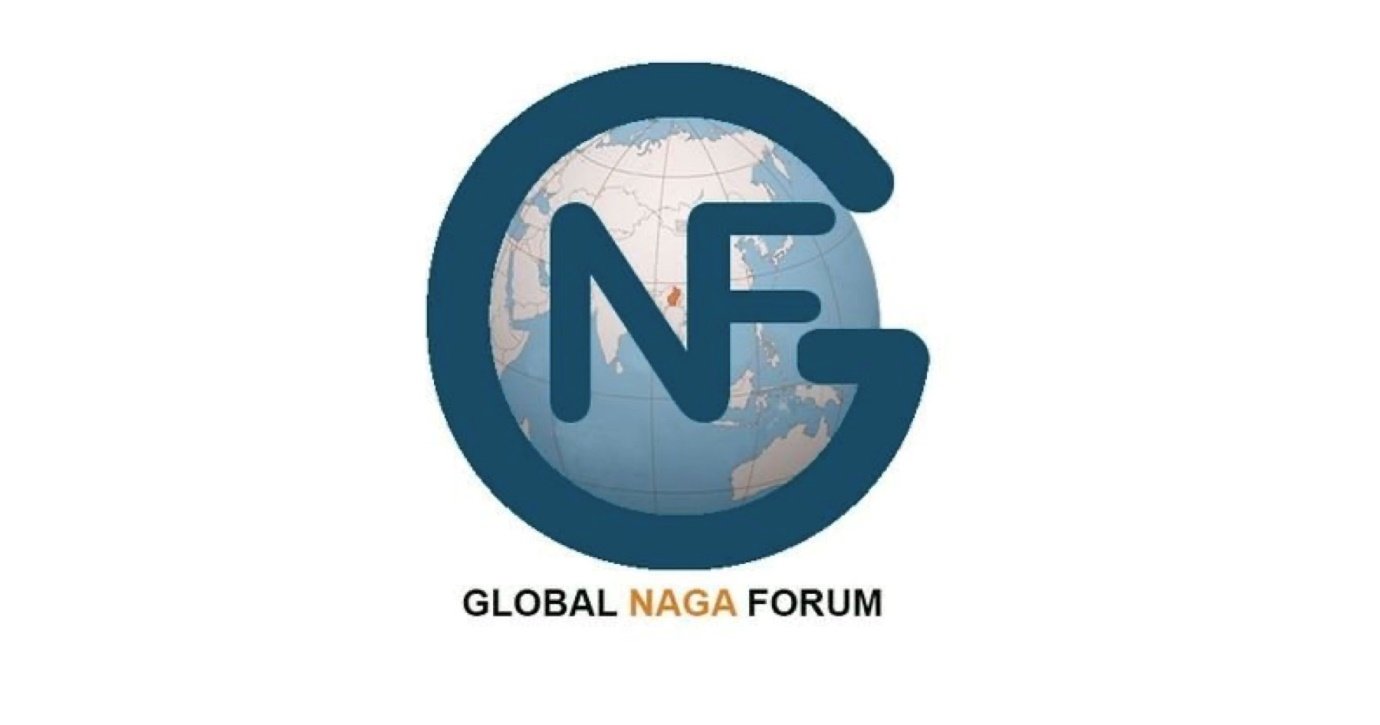The Global Naga Forum has requested the members of the G20 to intervene in the 75-year-old Indo-Naga Political problem and also to help Nagaland’s economy to thrive by investing on the State.
‘We are making a fervent two-part appeal to you with hopeful expectations,’ GNF stated, citing ‘a) diplomatic intervention with the Government of India to resume and complete the negotiation for a peaceful resolution of the Indo-Naga political problem, including the repeal of AFSPA (Armed Forces Special Powers Act, 1958); b) your assistance with investments and expertise to help us grow our economy and develop our homeland into an ecologically rich and thriving democracy.’
GNF said that sustainable economic growth is not possible unless the State is politically stable and stated that the Naga people want peace and to have ‘mutually beneficial collaborations’ with the neighbours in the region.
The Forum also highlighted the poor infrastructure in the state such as roads, water supply and schools, citing ‘Rampant corruption in government and in public life is a major roadblock to a hopeful future for our young people.’
Further, GNF mentioned the Nagas living in Myanmar who, due to being neglected by the government on the other side of the border, live in extreme poverty and severe lack of basic amenities. It hoped that the G20 Summit in Nagaland will lead to investments and grant-driven projects not just for Nagas living in India but also for Nagas in Myanmar. It also appealed to the global community ‘pressure the Myanmar government to take urgent developmental action.’
Download Nagaland Tribune app on Google Play

GNF expressed its disappointment at the Government of India for the ‘wilful neglect and delay in resolving the long-pending Indo-Naga peace settlement’ and said that Nagas are frustrated of the Government’s failure to deliver on its promises. It also mentioned that GOI continue to extend the ‘draconian’ Armed Forces Special Powers Act (AFSPA, 1958) in Naga inhabited areas resulting in human rights violations. While on the Myanmar side, Nagas face exploitation and forced labor as well as violence and gross human rights violations from the Tatmadaw, GNF said.
Further the Forum said that the cost of India’s continuing militarization has been ‘incalculable’ to the Naga people and that it ‘impacts our politics and security, our lands and economy, our cultures and relationships with one another; it affects our personal health and group psychology, our mental conditioning and sense of ourselves vis-a-vis India and the world; it deeply affects us both as individuals and as a people.’
It questioned the global community’s silence on the Naga issue. If human rights perpetrator-States cannot be held accountable by the international community, of what use is civilization to the indigenous people of the world? it asked.
The Global Naga Forum, in its public appeal addressed to the members of the G20, requested for individual and collective influence to help Nagas ‘start a new era of peace, justice, and all-round prosperity in the Naga homeland and the region, specifically the following:
1. Creating diplomatic spaces wherein India and Myanmar and the Nagas can explore and find mutually beneficial substitutes for the endless conflicts. The process might start with a persuasive push for the Indian government and the Naga negotiators to meet their mutual responsibilities to human rights and humanitarian law, leading to a just and peaceful resolution.
2. Help with the repeal of AFSPA (Armed Forces Special Powers Act).
3. Assistance for Sustainable Economic Growth of the Naga Homeland and the Region.’

